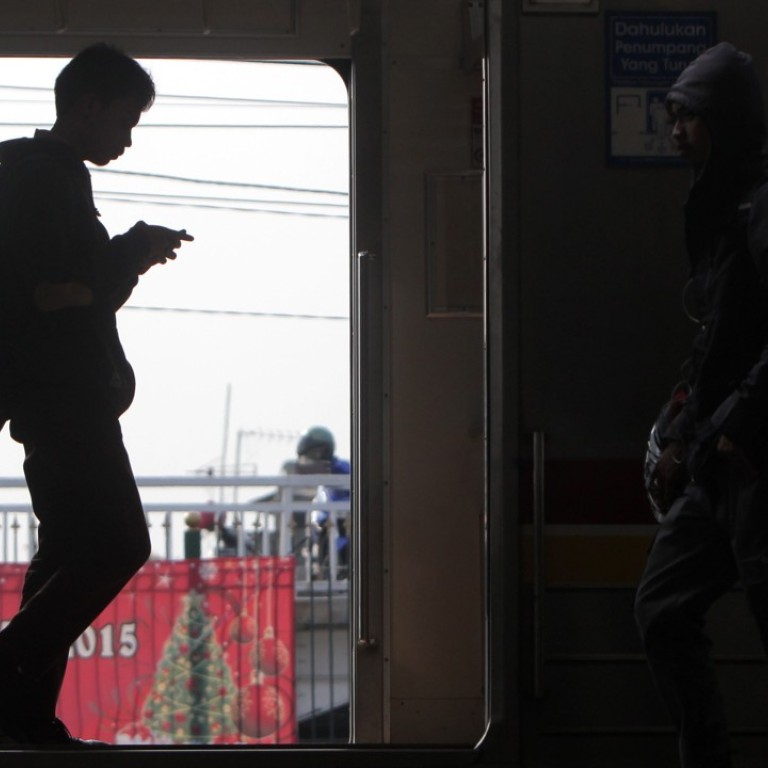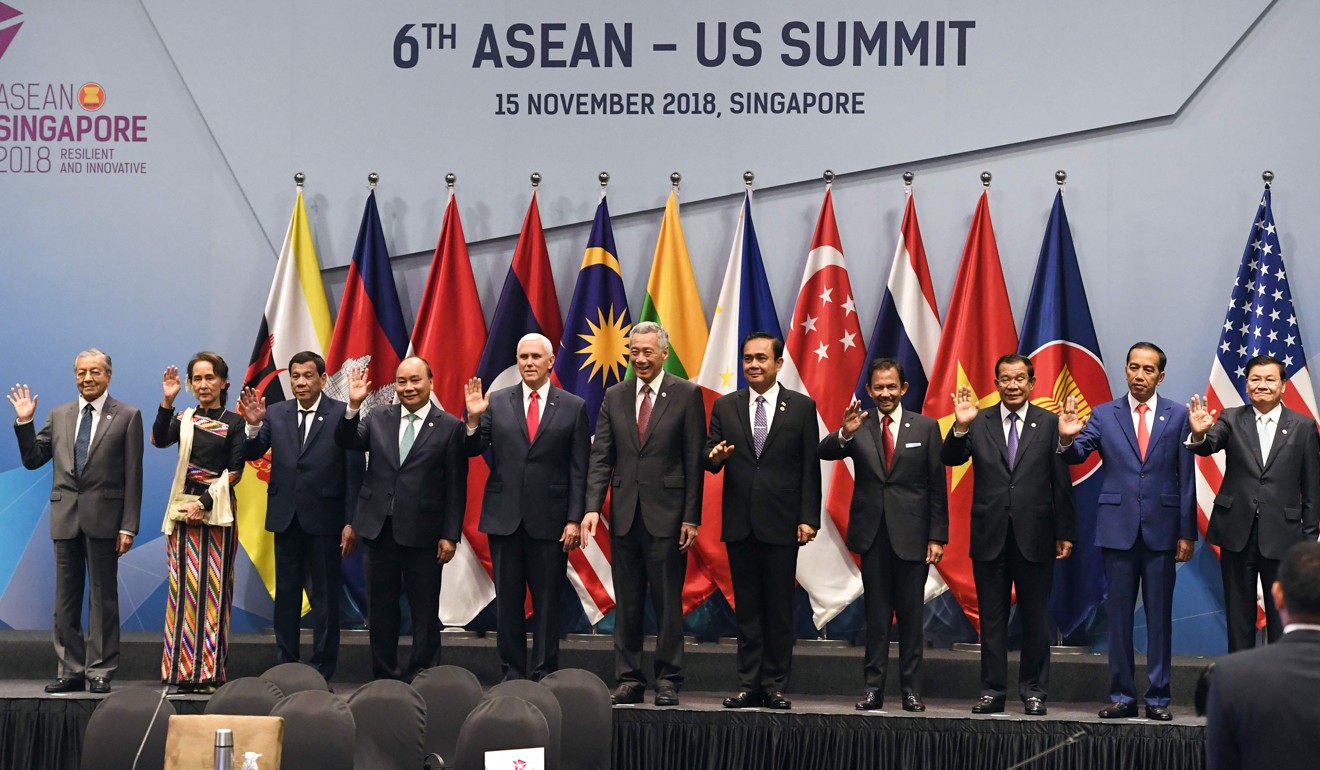
Fast Wi-fi and e-commerce: Southeast Asian cities need smart solutions but connection speeds and security issues present challenges
-
There are an estimated 350 million internet users in the region and about 3 million are going online for the first time each month since 2015, according to a new report by Google and Singapore investment firm Temasek Holdings
Most residents of Banyuwangi’s 189 villages, in Indonesia’s east Java, have access to free internet as part of a government initiative to boost local economic development.
Under the “Smart Kampung” – or “smart village” – scheme started two years ago, the population of about 1 million has been able to access public services online and get technical training so entrepreneurs can sell products over the internet.
Asean countries have doubled down on efforts to harness technology to overcome the challenges of rising urbanisation, such as congestion, security, and water and air quality.
Cities in the bloc are home to more than one-third of Asean’s total population, and another 90 million people are expected to move to these urban areas by 2030. At the same time, more residents there are using the internet and social media – studies have found most people have more than one mobile phone.
Broadband connectivity has to change from being viewed as a luxury to a utility
A new report by Google and Singapore investment firm Temasek Holdings estimates there are 350 million internet users in the region – and since 2015, about 3 million are going online for the first time each month.
Earlier this year, in launching its Asean Smart Cities Network, members of the bloc identified Banyuwangi and 25 other cities as locations for pilot programmes, where they would develop action plans and work directly with each other to apply technology to better public services. The US last week announced it would partner with the Smart Cities Network to promote private sector investment in the region’s digital infrastructure.
Ambassador Chan Heng Chee, who chaired one of the two panels at the Hong Kong forum, said the purpose of the network was to promote livability and sustainability, using technology to support governance and planning.
But as other speakers in the half-day session co-hosted by the Consulate General of Singapore and the Asia Society noted, challenges such as internet connectivity speeds and cybersecurity remained.
Narongchai Akrasanee, Thailand’s former commerce minister, said smart cities needed two things – infrastructure and application. But in Thailand, implementing broad-spectrum internet connectivity has proven to be an expensive challenge.
“Broadband connectivity has to change from being viewed as a luxury to a utility,” Akrasanee said. He pointed to how data loading speeds were 47 megabytes (MB) per second in Singapore, but 12MB per second in Cambodia, and 9MB per second in Thailand and Indonesia.
“In Vietnam, the number is also high. My granddaughter visited Vietnam, came back and said, ‘Grandpa, Vietnam was so good! The Wi-fi was so fast! You are a minister, why didn’t you make it as fast as Vietnam?’” he quipped, to laughter in the audience.
Why Trump’s no-show at Asia summits wasn’t all bad: it helped countries focus on the substance of US foreign policy
Fears over the security of electronic payments has also grown as e-commerce expands across the region. Singaporean diplomat Ong Keng Yong, a former Asean secretary-general flagged this issue, and pointed to how the 10 nations had arrived at a cybersecurity agreement at last week’s Asean Summit.
Ong said: “Developing smart city e-commerce must be complemented by cybersecurity. If any one of us is attacked or hacked, the rest of Asean can come in as an emergency response to safeguard our e-commerce activities.

At least two members of the audience raised questions on the role of consultants in developing smart city strategies for governments.
“It’s our city, we should decide. Do we trust a consulting company for our future?” asked a businessman from Hong Kong’s electronics industry. Another audience member suggested consulting firms should work with governments pro bono on such projects.
Don’t mention the US-China trade war: Asia and Asean are pressing ahead with their own deals
To that, members of the first panel said it was common for policymakers in Asean to also consult external parties. There needed to be different stakeholders, especially millennials, in the planning process for smart cities and for there to be widespread digital literacy, they said.
“For our generation, the challenge was literacy but for this generation, digital literacy is essential,” said Dino, who highlighted the success of Indonesian public officials in using social media platforms such as Instagram to tell stories about government initiatives.
In show to Trump, Asia talks of free trade. So far, it’s all still talk
Jonathan Woetzel, director at the McKinsey Global Institute and co-chair of the Urban China Initiative, who spoke at the second panel, referred to a popular mainland China bike-sharing app and said: “I recommend that everyone take action today to experience a smart city.
“Download an app right now and change your behaviour. Mobike changed my life.”

